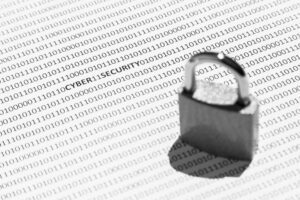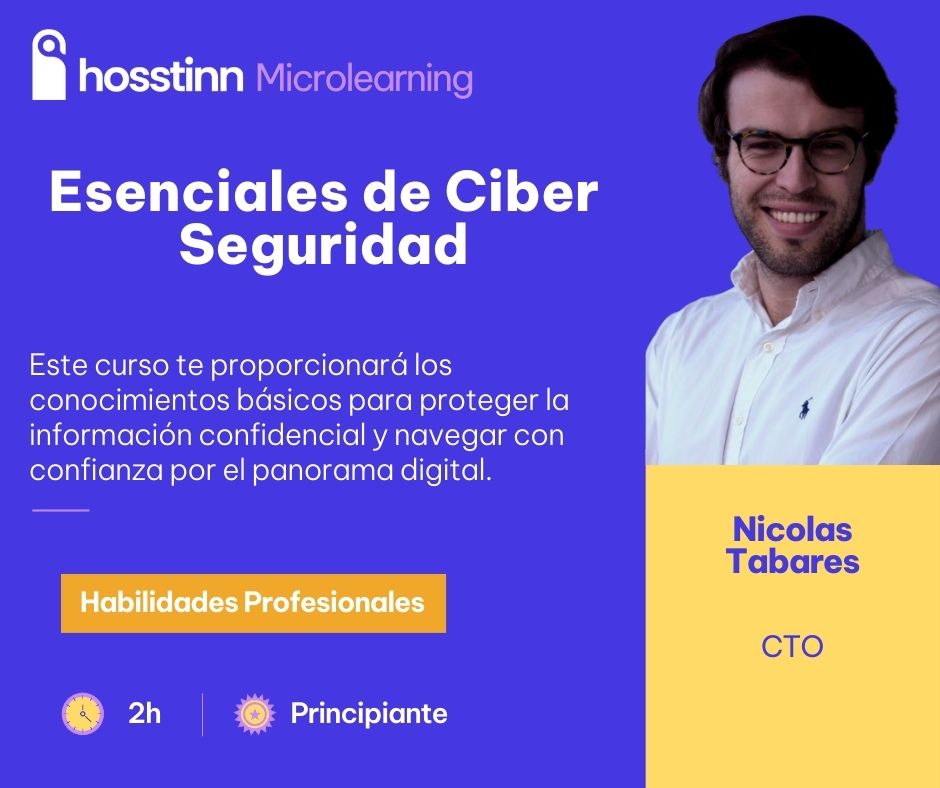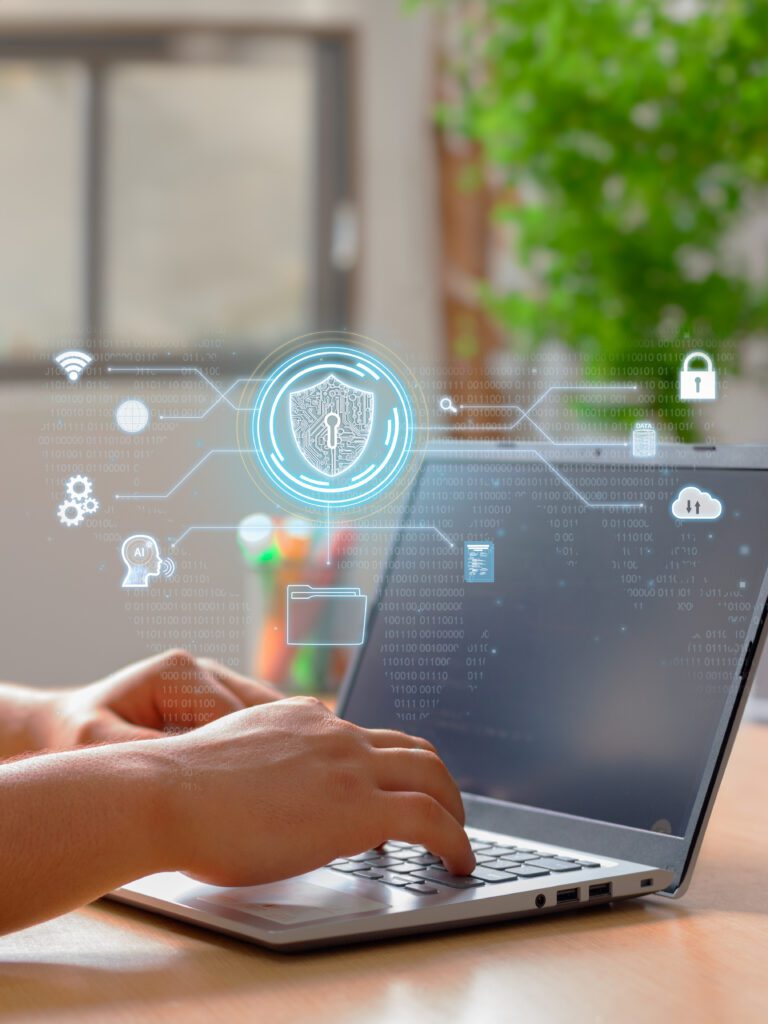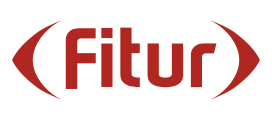Ciber Seguridad en tu Hotel
En la era digital actual, donde la tecnología juega un papel crucial en todas las industrias, la ciber seguridad se ha convertido en una prioridad esencial, especialmente en el sector hotelero. Los hoteles manejan una gran cantidad de datos sensibles, desde información personal de los huéspedes hasta detalles financieros, lo que los convierte en un objetivo atractivo para los cibercriminales. Implementar medidas de seguridad online efectivas no solo protege a tus clientes y a tu negocio, sino que también fortalece la confianza y la reputación de tu hotel.
In this article, we will explore several key tips to maximize your hotel’s online security.
1. Implement Strong Password Policies
One of the first lines of defense against cyber attacks is to ensure that all employees use strong, unique passwords. Passwords must be at least 12 characters long and include a combination of upper and lower case letters, numbers and symbols. In addition, it is essential to change passwords regularly and avoid using the same password for multiple accounts. Implementing a password manager can make it easier for your hotel team to manage their access credentials securely.
2. Regularly Update Software and Systems
Keeping software and systems up to date is crucial to protect your hotel against known vulnerabilities. Software and operating system developers regularly release updates that include security patches. Ensure that all systems, from servers to point-of-sale devices, are configured to automatically install these updates. Additionally, it is very important to use reliable antivirus and antimalware software to protect against emerging threats. Keep in mind that if you do not have a technology department in your hotel, this update will have to be done by your hotel team, so communication and training in this area is key.

3. Implements Multifactor Authentication (MFA)
Multifactor authentication adds an additional layer of security by requiring users to provide two or more forms of verification before accessing an account. This can include something the user knows (such as a password), something they have (such as a mobile device) and something they are (such as a fingerprint). Implementing MFA significantly reduces the risk of unauthorized access, even if passwords are compromised.

To further extend the adaptability and personalization of learning, hosstinn allows you to create your own training and content according to the specific needs of each hotel. This allows hotels to develop their own training programs that are closely aligned with their objectives, addressing specific areas of improvement and fostering the professional development of their staff.
4. Capacita a tu Personal en Ciber Seguridad de Hotel
La formación en ciber seguridad es vital para garantizar que todos los empleados comprendan los riesgos y sepan cómo protegerse y proteger la información del hotel. Ofrece programas de capacitación regulares que cubran temas como el reconocimiento de correos electrónicos de phishing, la gestión segura de contraseñas y la importancia de no compartir información confidencial. Los empleados informados y atentos son la primera línea de defensa contra los ataques cibernéticos.


5. Performs Regular Security Audits
Security audits are comprehensive assessments of your current security systems and practices. Performing regular audits helps you identify vulnerabilities and areas for improvement before cybercriminals can exploit them. Consider hiring cybersecurity experts to conduct these audits and provide you with detailed recommendations on how to strengthen your security posture.
6. Encrypt Sensitive Data
Encryption converts data into an encoded format that can only be decrypted by authorized persons. It implements encryption to protect sensitive information both in transit and at rest. This includes data stored in databases, hard disks and mobile devices, as well as data transmitted over networks. Encryption is an effective measure to protect data, even if systems are compromised.
Do you know which are the sensitive data to protect?
Our CTO Nicolás Tabares, explains in our training programs Essentials of Cyber Security y Data Protection Management for the Hospitality Industry .

7. Establish an Incident Response Plan.
Despite the best precautions, there is always a risk of a security incident occurring. Having a well-defined incident response plan allows your team to act quickly to mitigate the impact of any security breach. The plan should include procedures for identifying and containing the incident, assessing damage, recovering affected systems and communicating with stakeholders. Conduct regular drills to make sure everyone knows what to do in case of an emergency.
8. Protect your Hotel Wi-Fi Networks
Public Wi-Fi networks are a common entry point for cybercriminals. Make sure the hotel’s Wi-Fi network is protected with strong passwords and advanced encryption. Consider segmenting the network into different levels of access, for example, one network for guests and another for staff and critical hotel systems. Limiting access to internal networks and using robust firewalls can prevent unauthorized access.
Todas estas Recomendaciones Ayudarán a la Ciber Seguridad de tu Hotel
Implementing these tips can help you strengthen your hotel’s online security, protect the sensitive data of your customers and employees, and maintain the integrity of your business. However, cybersecurity is a constantly evolving field, and it is crucial to stay up-to-date on the latest threats and best practices.
Don’t let what is important become urgent
En hosstinn, comprendemos la importancia de la ciber seguridad en el sector hotelero. Por ello, ofrecemos programas formativos especializados en seguridad online que pueden ayudar a tu equipo a estar preparado para enfrentar cualquier amenaza cibernética.
Book a demo with our hotel experts today to find out how our courses can help you protect your hotel and provide a safe and reliable experience for your guests.


